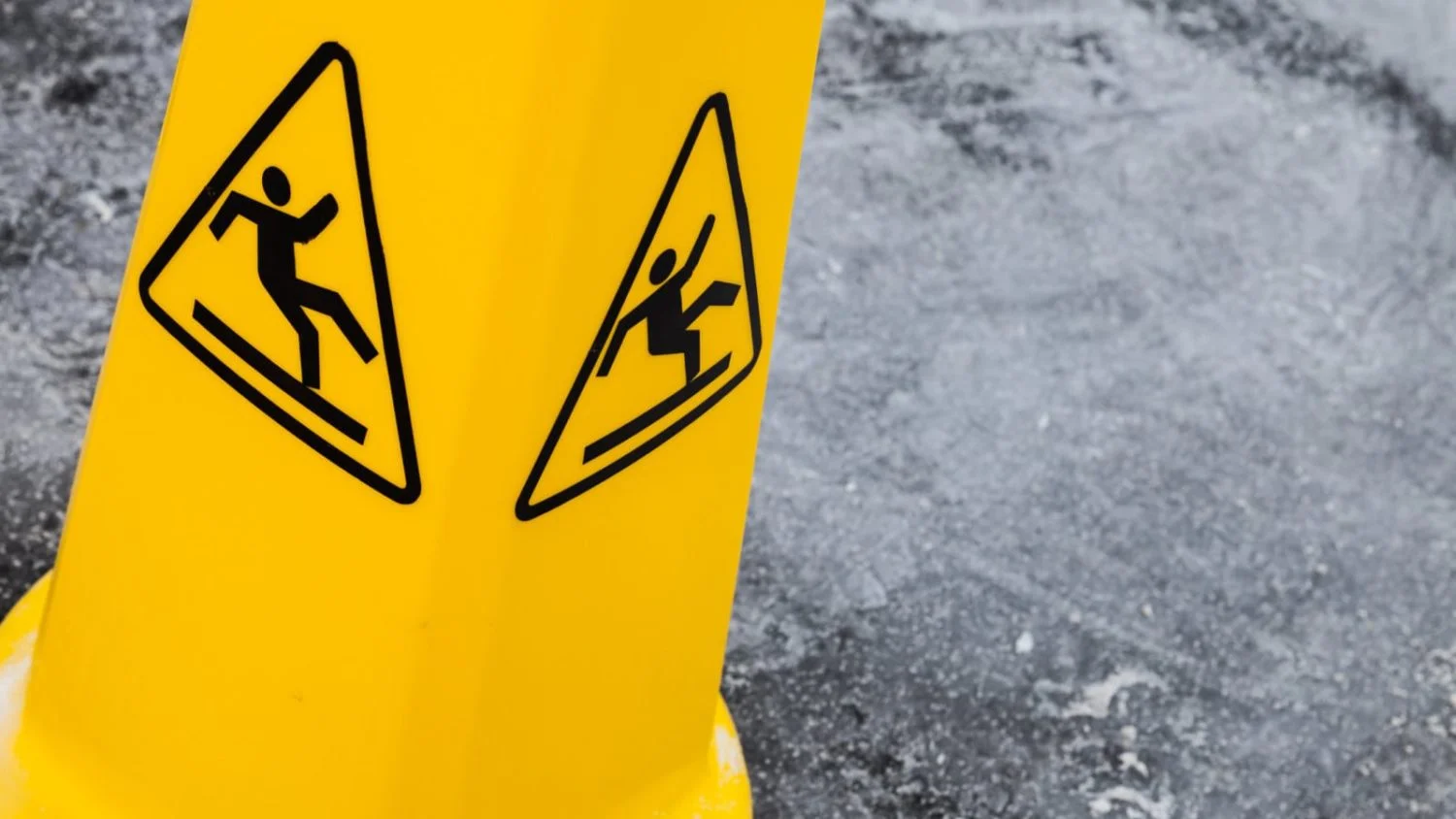
Property owners in Massachusetts have a duty to maintain their property reasonably to prevent accidents. When an owner breaches the duty of care, the owner can be held liable for damages caused by a slip and fall.
Common examples of negligence that may lead to a valid slip and fall claim include:
- Improper or lack of maintenance
- Missing or broken steps
- Lack of guardrails and handrails
- Torn carpeting, uneven rugs, and area rugs that are not adequately secured
- Uneven or broken pavement (e. potholes, cracks, etc.)
- Inadequate lighting
- Debris or liquid on the floor
- Defective or poorly designed entryways, surfaces, or walkways
A fall can result from a variety of causes. Our Boston slip and fall lawyer can help you determine if your fall rises to the level of a valid personal injury claim.
Elements of a Slip and Fall Claim
When you are trying to claim that a property owner is responsible for your damages because of a fall, the law requires that you prove certain elements. Under Massachusetts premises liability laws, to hold the owner liable for your damages you must prove:
- A defect or dangerous condition existed on the property;
- The hazardous condition was the proximate cause of your fall;
- The owner knew or should have known about the condition;
- The owner did nothing to correct or fix the condition nor did the owner provide adequate warnings of potential injury because of the condition; and,
- You suffered injuries and damages because of the fall.
It is not sufficient to simply prove that a hazardous condition caused your fall. You must also provide evidence that the property owner was negligent in allowing the condition to continue or failed to warn against the condition.
For example, on a rainy day when customers may be tracking in water when they enter a store, did the store place additional rugs near the entrance to “soak up” the water and place warning signs for slick floors? If so, your fall may or may not be a valid claim. An experienced slip and fall lawyer can evaluate all facts related to you fall, such as whether the store had employees monitor the floors and immediately clean up any standing water, to determine if your claim is valid.
Common Injuries and Damages Sustained in a Slip and Fall
Every case is unique; however, there are some injuries and damages that are common in many premises liability claims. Brain injuries and broken bones are two of the common injuries sustained in falls. However, neck, back, spinal cord, and fractures are also common injuries in a fall. In some cases, a fall can cause life-threatening injuries and permanent disabilities.
When you are injured in a fall on another person’s property, that person can be held liable for your damages. This includes private, commercial, and public property. Determining who is liable can be complex and may require an exhaustive investigation. Hiring an experienced slip and fall lawyer is one step you can take to increase your chance of recovering compensation for your injuries.
Common damages that you may receive compensation for when filing your claim include:
- Medical expenses, including the cost of medications, medical equipment, and physical therapy
- Loss of income, including past and future lost wages and loss of earning potential
- Mental anguish and emotional stress
- Scarring, permanent disabilities, and disfigurement
- Physical pain and suffering
The amount of compensation you may receive depends on several factors. The type of injury, the severity of the injury, the length of recovery, and whether you suffered any permanent disability can impact the amount of your recovery.
Contact Jim Glaser Law’s Sharon or Cambridge slip and fall lawyers today at 781-822-0296 or fill out our online form to request a free case evaluation.






